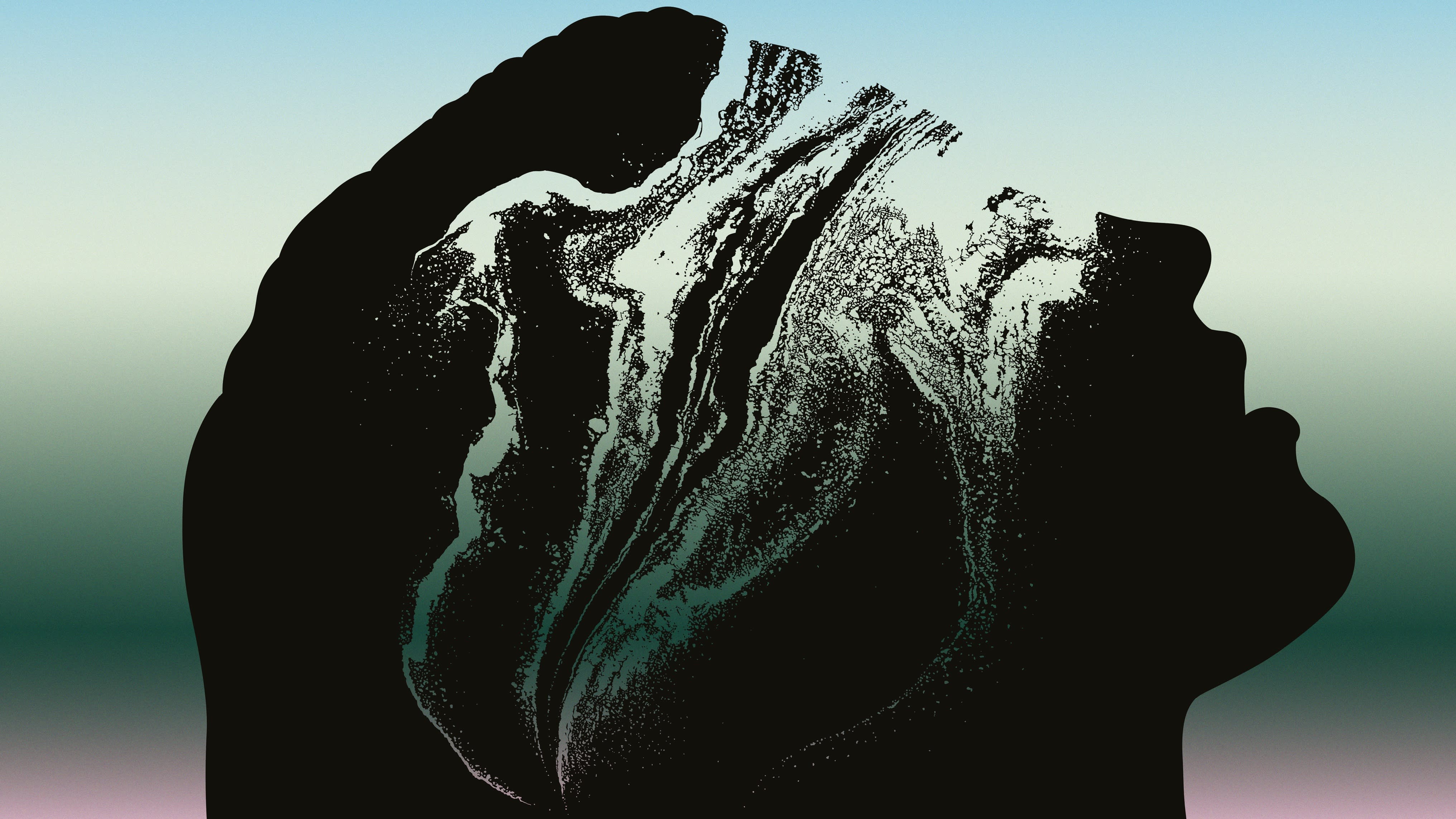Women’s health — doctor doesn’t always know best
In the early pages of Good Girls, Hadley Freeman lists the 75 theories that doctors, therapists and outsiders developed for why she suffered anorexia as a teenager. First on the list: her birth by caesarean, which a psychiatrist claimed meant she would “always try to look for the easy way out”.
Many of the other hypotheses contradict each other: her parents gave her too little or too much; she was too smart, or not smart enough for her school; she was obsessed with sex, or had an aversion to it. She ends the list with a question that she pursues throughout the book: “How do you solve a problem like an unhappy teenage girl?”

She spent the majority of her time from 14 to 17 years old in hospitals, where doctors tended to focus on the number on the scales rather than how she felt. While the intent of anorexia is, as she describes it, “often inadvertently feminist”, rejecting the sexualisation that a patriarchal society expects of women, the effects of the illness are “antifeminist”: reducing women to a “helpless, self-destructive, childlike state”.
This includes giving some male doctors and nurses inappropriate power over the mainly female patients. Her first doctor was later struck off for a “blurred and secretive relationship” with a patient. Freeman did not suffer abuse at his hands, but blames his neglect for missing a vital opportunity to intervene in the earlier stages of the illness. Eventually, with the help of a female therapist, she was well enough to be discharged. There was, however, no miraculous recovery, as she went on to suffer from another mental health condition, obsessive-compulsive behaviour.
Good Girls gives a patient’s view of an illness so often misunderstood by society and, as Freeman’s list of obtuse hypotheses from the medical profession testifies, even science. But she spends little time on why our biological understanding of it is so patchy. Anorexia is the deadliest psychiatric disorder — and yet there are no approved drugs for it.
This story originally appeared on: Financial Times - Author:Hannah Kuchler




























